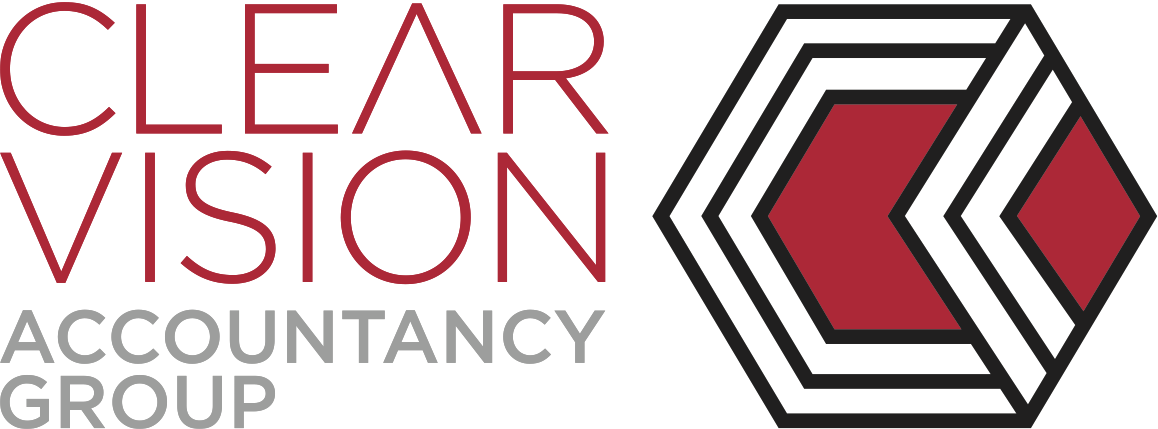A Reminder to Pay your Super Obligations On Time

It's time to pay your employees' super guarantee contributions for the quarter ending 31 March 2023. Payments must be received by their fund by 28 April 202328 April 2023
What you need to do
· Pay your employee’s’ super into their chosen super fund before 28 April 2023.
· Funds must be received by the due date.
If you can't pay on time
If you can't pay your employees' super on time you must lodge a Super Guarantee Charge (SGC) statement and pay the Super Guarantee Charge to the ATO. You must lodge by 28 May 2023 to avoid extra penalties. You can get the SGC statement from the ATO website at ato.gov.au/SGC
If you don’t lodge a SGC payment:
· Penalties and interest payments apply
· We may also take further compliance action.
If you need help paying
Please contact us at Clear Vision Accountancy Group and we will assist you in negotiating a payment plan with the ATO 4688 2500.
Remember If you're trying to do the right thing, the ATO is committed to understanding your situation and helping you where possible.





